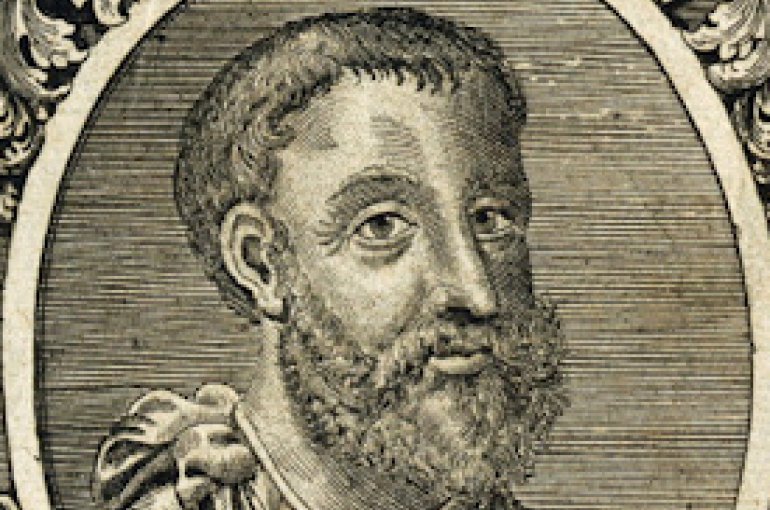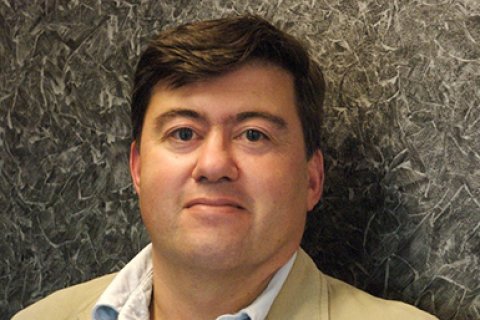Teun Tieleman starts research project on Galen's conception of human nature

The doctor and philosopher Galen of Pergamum (129-c.213 CE) may count as the father of western medicine, whose influence dominated European medical history until well into the 19th century. In a new research project funded by the Netherlands Organisation for Scientific Research (NWO), Prof. Teun Tieleman (Ancient Philosophy and Medicine) aims to explore Galen’s theory of human nature from a variety of relevant aspects: physiological, psychological, moral, philosophical and religious. Tieleman's project ‘Human Nature: Medical and Philosophical Perspectives in the Work of Galen of Pergamum’ has been awarded in NWO's Free Competition Humanities.
Galen saw himself as a philosopher no less than a doctor, and in his voluminous writings we find medical and philosophical perspectives combined. Drawing on various traditions, Galen developed an original and powerful synthesis that secured his unequalled authority in both the Christian and the Muslim world of later centuries. At the same time the theory he formulated was not without its blind spots and unresolved tensions. These are however intriguing in themselves and merit closer inspection with a view to clarifying his position and its intellectual background.

Galen's relevance for present-day debates
Galen’s conception of human nature is fundamental to all of his work. An improved understanding of it will cast welcome light not only on Galen himself but on the subsequent history of medicine on which he made such a profound impact. The project is moreover designed to contribute to present-day debates on health, well-being and illness, concepts of humanity in bio-ethics, the societal role of medicine and the doctor as well as multidisciplinarity and discipline–formation.
Project team
NWO has granted this project a subsidy of c. € 750.000. Besides project leader Teun Tieleman, the research team will consist of a PhD candidate and two postdoc researchers. The project starts this fall and will run for 4 years.

